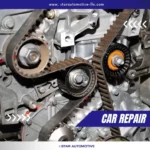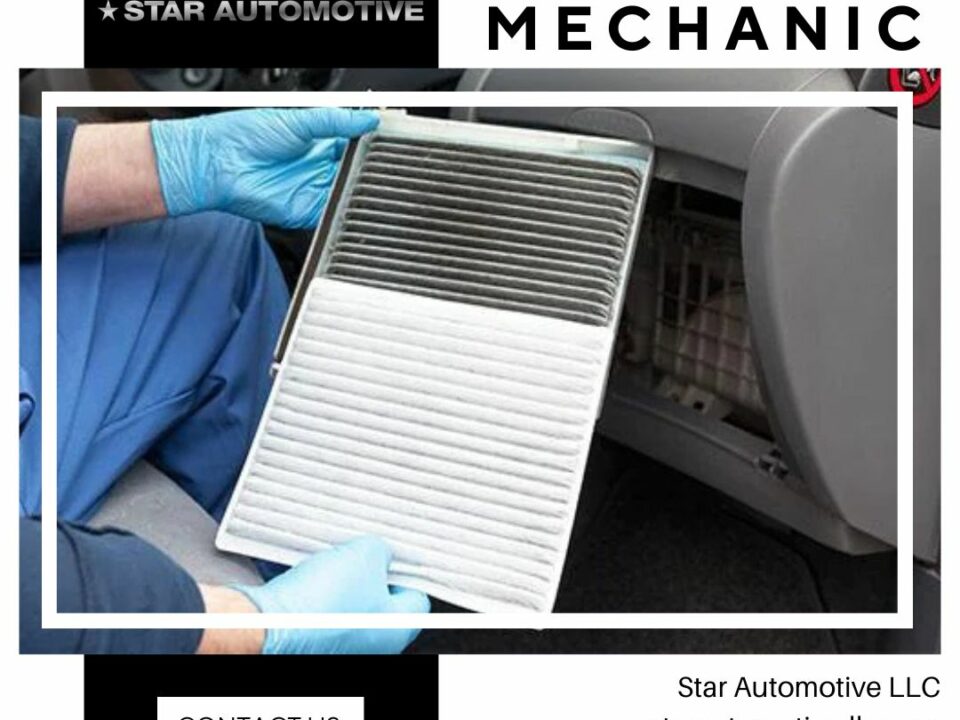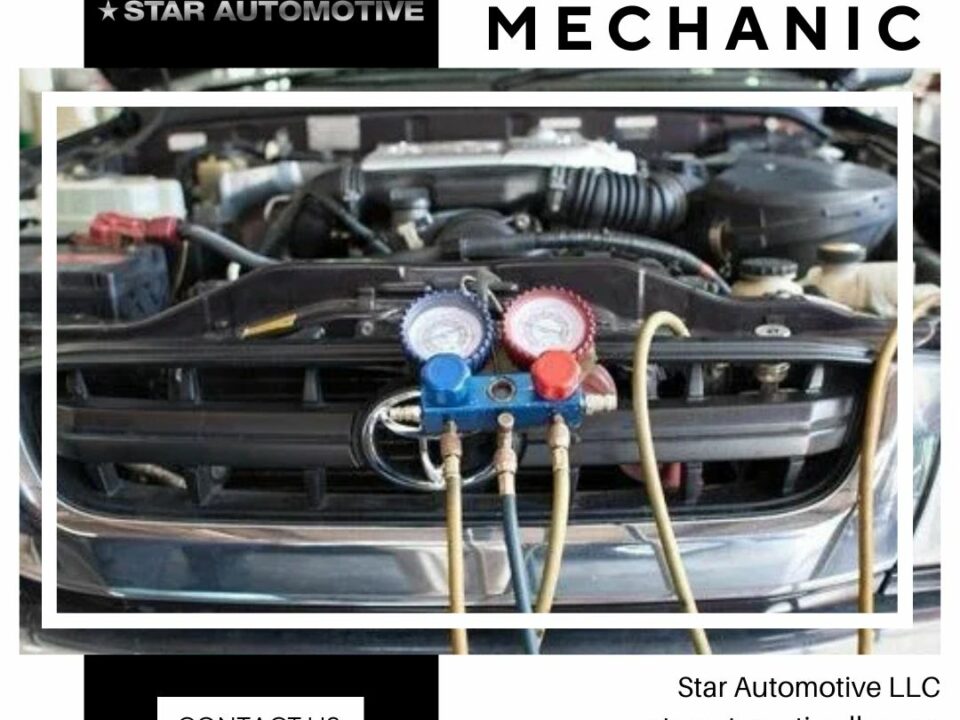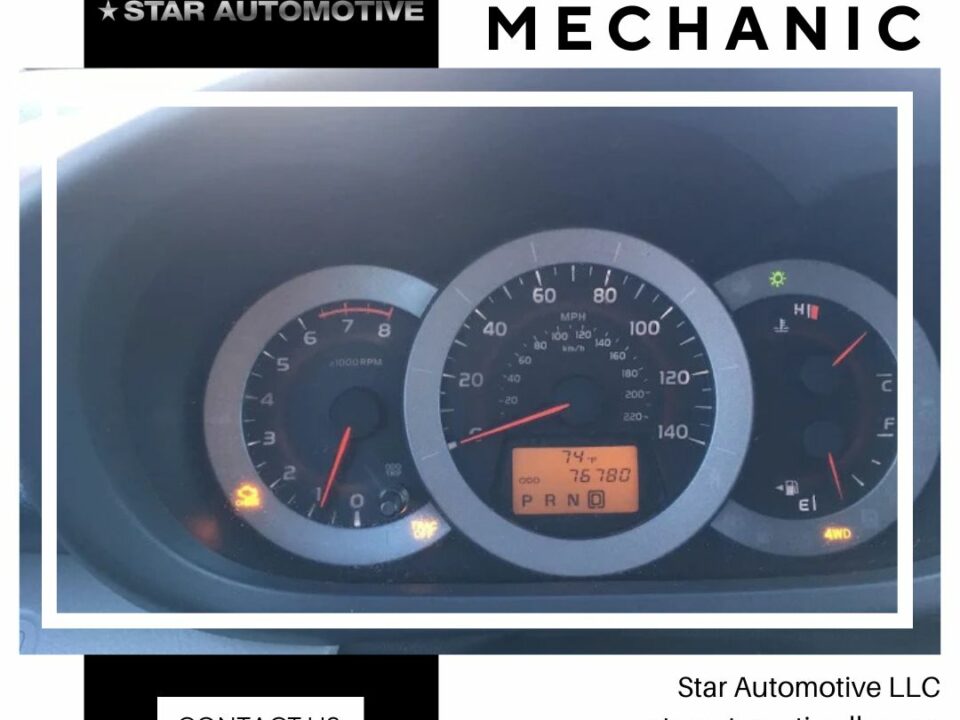
Car Repair Guide: When to Replace Your Timing Belt or Chain
February 6, 2025
How to Become a Car Mechanic: Training and Career Guide
February 17, 2025Did you know that using the right tools can reduce auto repair time by up to 50%? Whether you’re a seasoned car mechanic or just starting out, having the right tools isn’t just about convenience—it’s about efficiency, precision, and safety. Without the proper equipment, even a simple repair can become a time-consuming challenge.
But with so many tools on the market, how do you know which ones are truly essential? In this guide, we’ll break down the must-have tools every car mechanic should have, from basic hand tools to high-tech diagnostic devices.
Essential Hand Tools for Every Car Mechanic
Hand tools form the backbone of any mechanic’s toolkit. These are the fundamental instruments needed for almost every repair job:
- Wrenches and Socket Sets – A variety of open-end, box-end, and adjustable wrenches is essential for loosening and tightening bolts. A socket set with deep and shallow sockets ensures versatility. Popular brands like Snap-On, Craftsman, and GearWrench are known for their durability.
- Screwdrivers – A set of flathead and Phillips screwdrivers in various sizes is a must. Opt for magnetic tips to prevent losing screws in tight spaces.
- Pliers and Wire Cutters – Needle-nose pliers, locking pliers (Vise-Grip), and wire cutters are crucial for gripping, twisting, and cutting wires or hoses.
- Torque Wrench – Ensures bolts are tightened to manufacturer specifications, preventing mechanical failures. Tekton and CDI offer reliable models for precision tightening.
- Pry Bars – Help with removing stubborn parts like brake pads and suspension components.
Power Tools for Efficiency
For those looking to speed up repairs, power tools are a game-changer:
- Impact Wrench – A must-have for quickly removing lug nuts and stubborn bolts. Cordless models from Milwaukee, DeWalt, and Ingersoll Rand offer great mobility.
- Power Drill and Bits – Essential for drilling and fastening components. A high-torque drill with a set of durable bits can handle various surfaces.
- Angle Grinder – Useful for cutting metal components, removing rust, and polishing surfaces. Makita and Bosch are reliable brands.
Diagnostic Tools for Modern Car Repairs
As vehicles become more advanced, diagnostic tools have become a necessity for troubleshooting:
- OBD-II Scanner – This tool reads check engine codes and diagnoses electronic system issues. Beginners can use models like BlueDriver or FIXD, while professionals may prefer Autel MaxiCOM for advanced diagnostics.
- Multimeter – Measures voltage, current, and resistance to diagnose electrical problems. A Fluke or Klein Tools multimeter is a great investment.
- Compression Tester – Helps determine engine health by measuring cylinder pressure, an essential tool for engine diagnostics.
Other Must-Have Tools for Every Car Mechanic
No mechanic’s shop is complete without these essential tools:
- Jack and Jack Stands – For safely lifting a car during repairs. Look for 3-ton hydraulic jacks from brands like Arcan or Pittsburgh Automotive.
- Brake Bleeder Kit – Essential for removing air from brake lines and ensuring optimal braking performance.
- Work Light – A LED rechargeable work light makes it easier to work in dark or tight spaces.
- Funnel and Fluid Extractor – Helps with fluid changes and refilling without spills.
Beginner vs. Professional: Which Tools Do You Need?
If you’re just starting, you don’t need every tool right away. Here’s a breakdown:
- For Beginners: Basic wrenches, screwdrivers, pliers, a jack, and an OBD-II scanner.
- For Professionals: Impact wrench, advanced diagnostic tools, air compressors, and high-end power tools.
Having the right tools can make all the difference for a car mechanic—from handling simple repairs to diagnosing complex issues. Whether you’re setting up a home garage or running a professional auto shop, investing in quality tools ensures efficiency, precision, and safety.
Are you looking to upgrade your mechanic toolbox? Share in the comments which tool you can’t live without!




